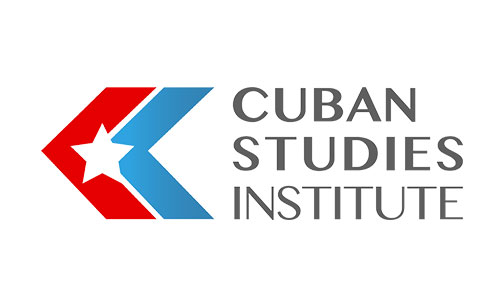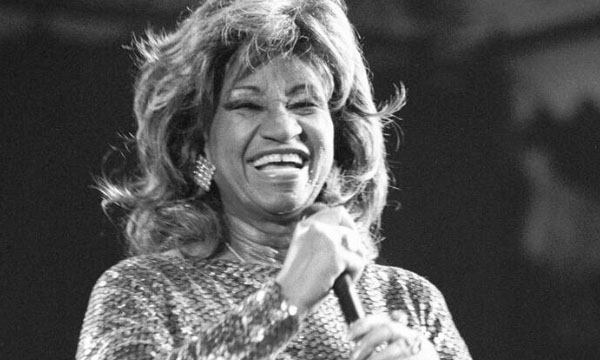Movimiento Veintiseis de Julio (26th July Movement)
Name given to Fidel Castro’s revolutionary cause, adopted from the date of his ill-fated 1953 attack on the Moncada barracks in Santiago de Cuba. He began the movement in prison, and after his 1955 release he traveled in the United States and Mexico seeking funds for it. His forces sailed from Mexico to Oriente province in […]
Movimiento Veintiseis de Julio (26th July Movement) Leer más »



